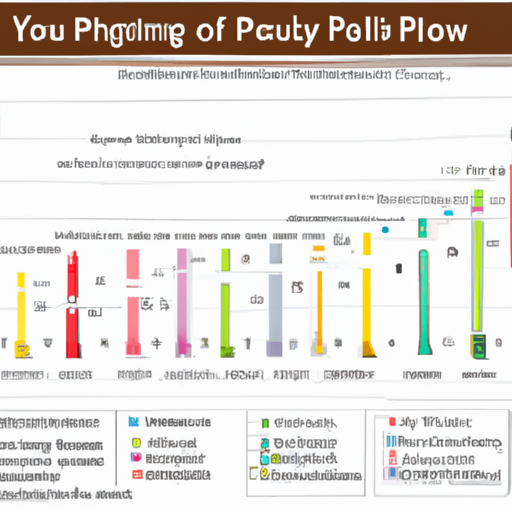If you’ve recently brought a new puppy into your home, or are considering doing so, one of the questions you may find yourself asking is, “When will my puppy be full grown?” This guide will help you understand the growth cycle of a puppy and how to determine when your furry friend has reached adulthood.
Understanding the Growth Cycle of a Puppy
The first thing to understand is that the growth rate and development timeline of a puppy can vary greatly depending on the breed. Small dog breeds typically reach adult size much quicker than larger breeds. Here’s a general guideline:
- Small breeds: These dogs are considered adults at around 10-12 months.
- Medium breeds: These dogs reach their full size at around 12-15 months.
- Large breeds: Large breed dogs may not be fully grown until they are 18-24 months old.
Factors That Affect a Puppy’s Growth
Several factors can affect how quickly a puppy grows. These include:
- Genetics: This is the biggest factor. The size of a puppy’s parents can give you a good idea of how big your puppy will get.
- Nutrition: Puppies need a balanced diet to grow properly. Overfeeding or underfeeding can affect growth.
- Health: Illness or injury can slow a puppy’s growth. Regular veterinary check-ups are essential.
How to Tell if Your Puppy is Full Grown
It can be hard to tell exactly when your puppy has finished growing, but here are some signs to look for:
- Your puppy’s paws seem proportionate to the rest of their body. Puppies often have large paws compared to their bodies. As they grow, their bodies start to catch up.
- The growth plates on your puppy’s bones have closed. This usually happens between 9-16 months, but can be as late as 24 months for larger breeds.
- Your puppy’s energy level may decrease. Adult dogs are often less hyperactive than puppies.
Feeding Your Puppy During Growth Stages
Small Breeds
| Age | Meals Per Day |
|---|---|
| 8-12 weeks | 4 |
| 3-6 months | 3 |
| 6-12 months | 2 |
Medium Breeds
| Age | Meals Per Day |
|---|---|
| 8-12 weeks | 4 |
| 3-6 months | 3 |
| 6-18 months | 2 |
Large Breeds
| Age | Meals Per Day |
|---|---|
| 8-12 weeks | 4 |
| 3-6 months | 3 |
| 6-24 months | 2 |
Training Your Full-Grown Puppy
Even after your puppy has stopped growing, it’s important to continue their training. This is the time to reinforce the good manners and behaviors you’ve been teaching them, and to introduce any new ones you’d like them to learn.
Caring for Your Full-Grown Puppy
Just because your puppy is full grown doesn’t mean they don’t still need your care and attention. Regular vet visits, a balanced diet, and plenty of exercise are just as important for adult dogs as they are for puppies.
FAQs
1. When do puppies stop growing?
Small breeds typically stop growing by 10-12 months, medium breeds by 12-15 months, and large breeds by 18-24 months.
2. How can I tell if my puppy is done growing?
Look for signs like proportional paws, closed growth plates, and a decrease in energy levels.
3. How often should I feed my full-grown puppy?
Even after your puppy is full grown, they should still be fed at least twice a day.
4. Does my full-grown puppy still need to go to the vet regularly?
Yes, regular vet visits are important to monitor your dog’s health and catch any potential issues early.
Remember, every dog is unique and may not fit exactly into these general guidelines. If you’re unsure about your puppy’s growth or development, don’t hesitate to consult with a veterinarian. They can provide you with the most accurate information based on your puppy’s breed, age, and health.



